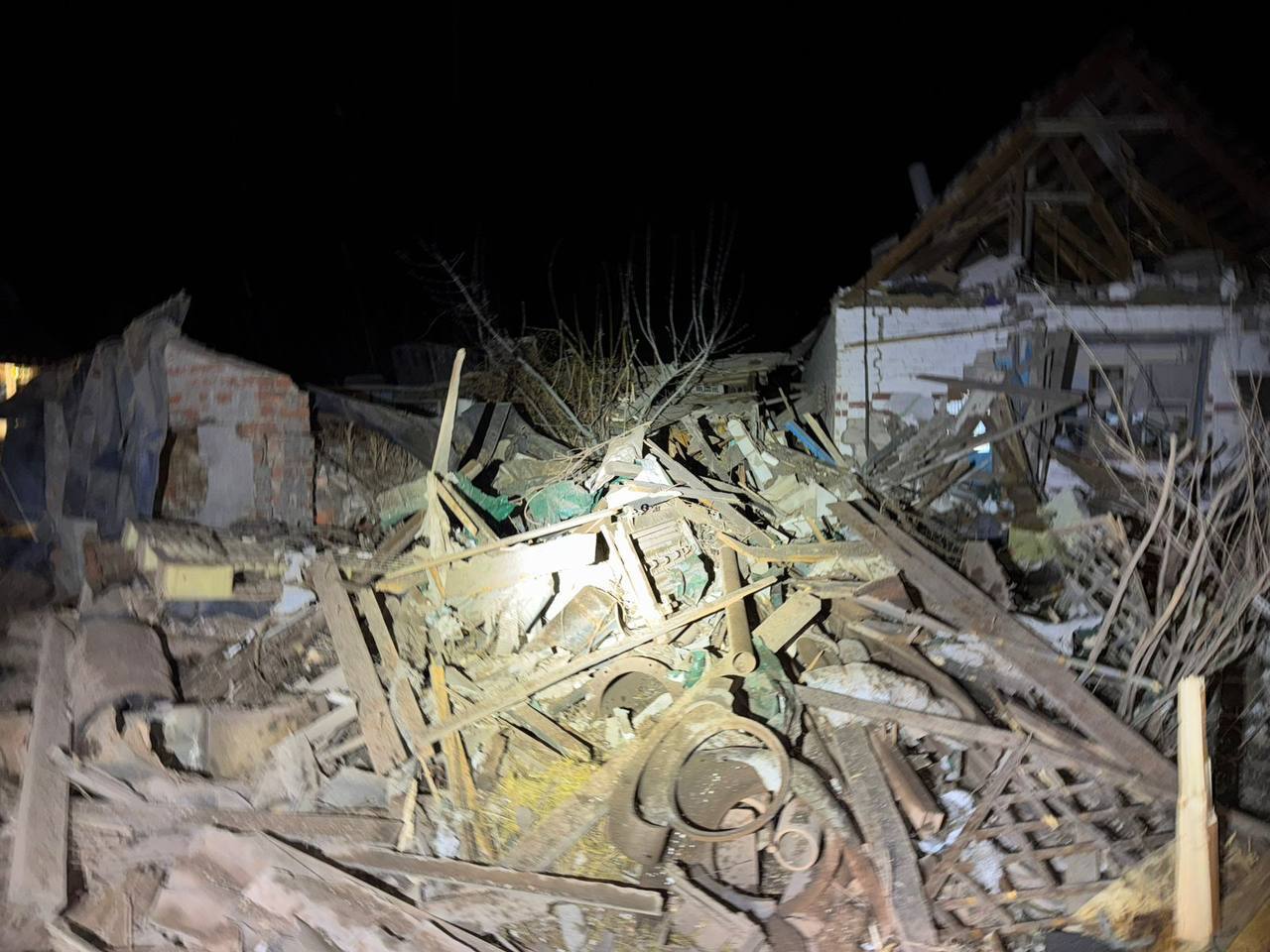48,000 Russian soldiers may be MIA in Ukraine, Putin's relative reveals

Russian Deputy Defense Minister Anna Tsivilyova let slip on Nov. 26 that the ministry had received 48,000 applications for DNA tests from relatives seeking information about soldiers missing in action during the war against Ukraine, opposition Telegram news channel Astra reported on Dec. 3.
At a roundtable in the Russian State Duma, Tsivilyova – Russian President Vladimir Putin's cousin once removed – revealed that relatives' DNA had been collected and stored in a database. Her comments provide rare insight into the number of missing Russian troops, as no official statistics on these figures have been released.
Andrei Kartapolov, head of the State Duma's defense committee, responded by cautioning against publicly discussing such numbers. "This is sensitive information. When we finalize the documents, we should ensure these figures do not appear publicly," Kartapolov said.
Tsivilyova clarified that the figure she cited referred to the number of relatives' appeals, not confirmed missing soldiers. "Many of them will be found. Therefore, this figure reflects appeals, not statistics," she added.
According to the General Staff of Ukraine’s Armed Forces, Russia has lost 748,950 troops since launching its full-scale invasion of Ukraine on Feb. 24, 2022.











